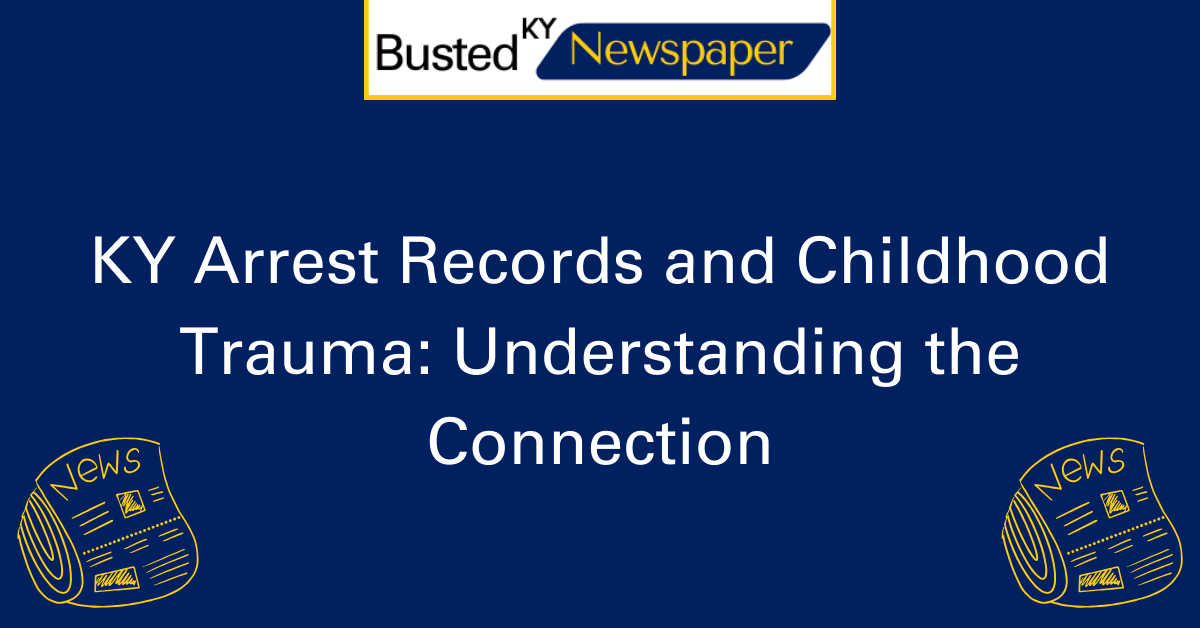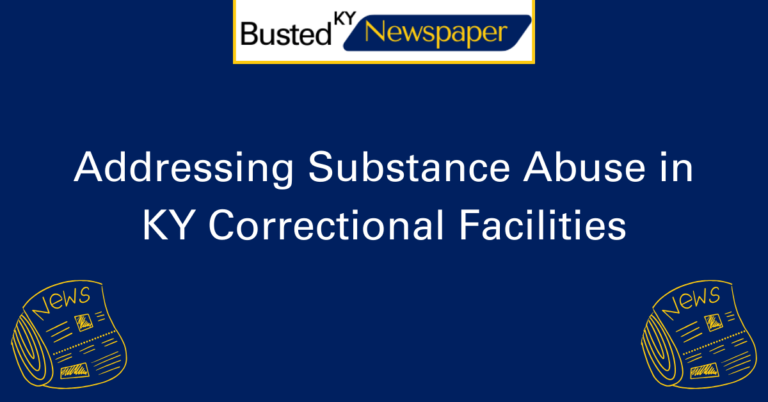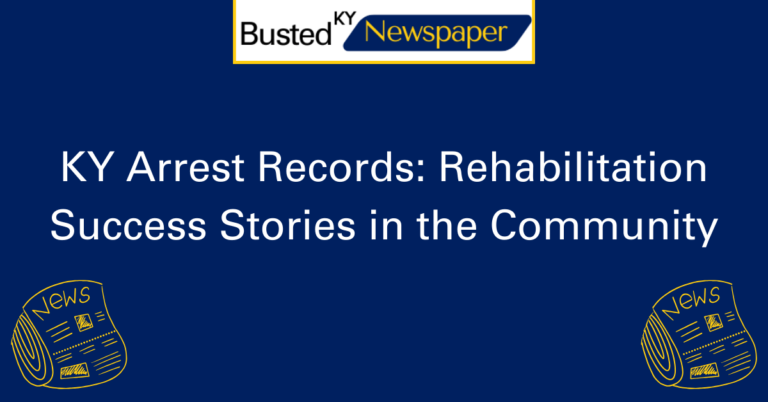KY Arrest Records and Childhood Trauma: the Connection
When it comes to addressing the issue of childhood trauma, it is crucial to explore all possible factors that contribute to its occurrence and long-term impact. One such factor that has gained significant attention is the connection between Kentucky (KY) arrest records and childhood trauma. Through research and analysis, experts have discovered a compelling correlation between a child’s exposure to arrest records and the development of traumatic experiences.
By delving into this connection, we aim to shed light on the potential consequences that can arise from a child witnessing or experiencing arrests within their community. Understanding the impact of this correlation is essential for policymakers, educators, and healthcare professionals to develop effective interventions and support systems for affected children. Through this exploration, we hope to empower readers with knowledge and encourage dialogue about the importance of addressing childhood trauma in Kentucky.
Impact of Kentucky Arrest Records on Childhood Trauma
When it comes to addressing the issue of childhood trauma, it is crucial to explore all possible factors that contribute to its occurrence and long-term impact. One such factor that has gained significant attention is the connection between Kentucky (KY) arrest records and childhood trauma. Through research and analysis, experts have discovered a compelling correlation between a child’s exposure to arrest records and the development of traumatic experiences.
The Consequences of Witnessing or Experiencing Arrests
By delving into this connection, we aim to shed light on the potential consequences that can arise from a child witnessing or experiencing arrests within their community. Research has shown that exposure to arrest records can lead to heightened levels of stress, anxiety, and fear in children. Witnessing arrests, especially of family members or close acquaintances, can disrupt their sense of safety and stability, leaving long-lasting emotional scars.
The Role of Policymakers in Addressing Childhood Trauma
Understanding the impact of Kentucky arrest records on childhood trauma is essential for policymakers. By acknowledging and addressing this correlation, policymakers can develop effective interventions and support systems for affected children. They can work towards implementing policies that prioritize the well-being of children and provide resources for therapy, counseling, and educational support.
The Importance of Educators in Supporting Traumatized Children
Educators play a crucial role in identifying and supporting children who have been affected by exposure to arrest records. By recognizing the signs of trauma and understanding its underlying causes, educators can create a safe and nurturing environment for these children. They can implement trauma-informed teaching strategies, collaborate with mental health professionals, and provide appropriate interventions to facilitate the healing process.
Building a Supportive Healthcare System
The healthcare system also plays a vital role in addressing childhood trauma caused by exposure to arrest records. Healthcare professionals can contribute by providing early intervention and comprehensive mental health services. By incorporating trauma-informed care practices, they can ensure that children receive the necessary support and treatment to overcome the emotional and psychological impact of witnessing or experiencing arrests.
Fostering Dialogue and Collaboration
Through this exploration, we hope to empower readers with knowledge and encourage dialogue about the importance of addressing childhood trauma in Kentucky. By fostering collaboration among policymakers, educators, and healthcare professionals, we can create a comprehensive and responsive system that prioritizes the well-being of children. Together, we can work towards breaking the cycle of trauma and building a brighter future for the young generations of Kentucky.
FAQ’s
Experts have found a significant correlation between a child’s exposure to Kentucky (KY) arrest records and the development of traumatic experiences. This means that when children witness or experience arrests within their community, it can have long-term impacts on their well-being.
What are the potential consequences of this connection?
The potential consequences of the connection between KY arrest records and childhood trauma can include emotional and behavioral difficulties, impaired cognitive development, decreased academic performance, and increased risk of future involvement in the criminal justice system.
Why is understanding this correlation important?
Understanding the connection between KY arrest records and childhood trauma is crucial for policymakers, educators, and healthcare professionals. It helps them develop effective interventions and support systems to mitigate the impact of trauma on children’s lives and promote their overall well-being.
Addressing childhood trauma related to KY arrest records requires collaborative efforts from various stakeholders. These may include implementing trauma-informed practices in schools, providing mental health support for children and families, advocating for policy changes to reduce arrests, and promoting community resources that support resilience and healing.
Raising awareness and encouraging dialogue about childhood trauma in Kentucky can be achieved through community education programs, public forums, media campaigns, and partnerships with local organizations. By promoting understanding and empathy, we can work towards building a supportive and resilient community for all children.







